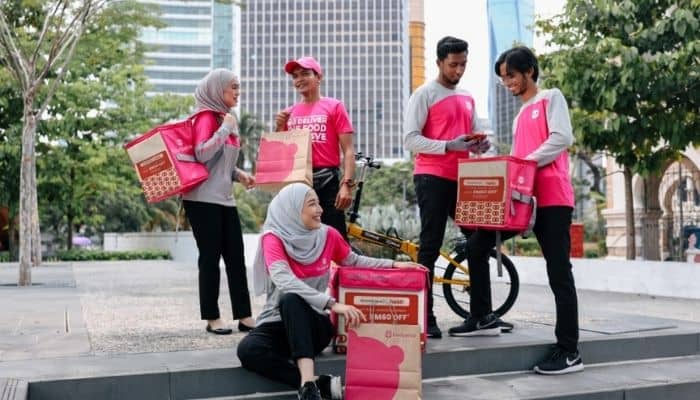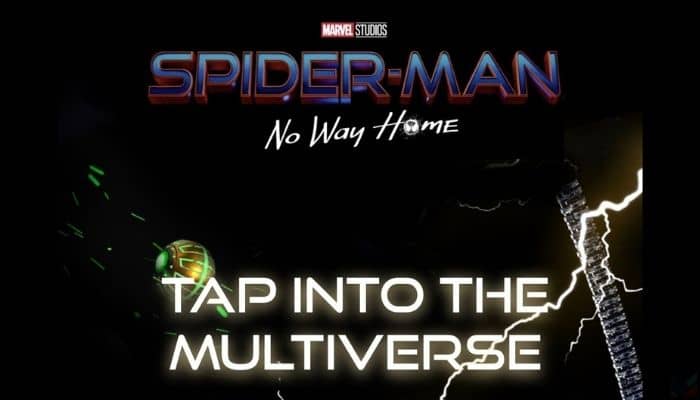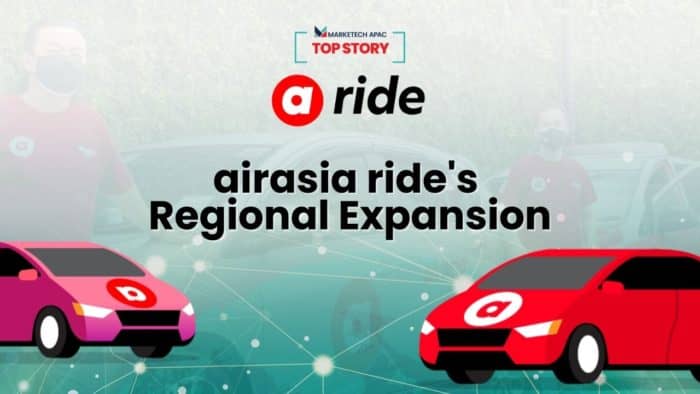Kuala Lumpur, Malaysia – Local adtech startup Rodeo has teamed up with buy-now, pay-later player hoolah to launch an advertising campaign for hoolah across Rodeo’s fleet of cars and on foodpanda delivery bags.
Hoolah sees a huge potential in partnering with Rodeo as their out-of-home (OOH) media partner to run their advertising campaign that aims to amplify awareness amongst consumers. In addition to external branding, Rodeo created an in-car experience that utilises QR code for active engagement with passengers bringing the online experience to them, wherever they are.
Valens Subramaniam, CEO at Rodeo, said, “Being our first BNPL advertiser, hoolah, we have executed a campaign with them in Klang Valley as well to turn heads on the streets using Rodeo’s media on e-hailing cars and food delivery bikes to promote its Raya campaign.”
He also added that on average, a rider makes about 30 to 40 deliveries per day at selected zones while E-hailing drivers on the other hand commute about 20 to 30 trips per day within Klang Valley.
“We want to make use of this ‘missed opportunity’ to our advantage for our advertisers. In Klang Valley alone, there are more than 30,000 food riders and about 100,000 drivers supporting the gig economy and we are looking at 100,000 to 300,000 trips per day based on our findings,” Valens added.
Meanwhile, Jason Wong, general manager at hoolah, commented, “We are excited to be kickstarting our first advertising campaign in Malaysia with Rodeo and foodpanda. This partnership gives us the opportunity to reach out to thousands of commuters daily in Klang Valley and bring the retail experience to them via the QR code, so they can shop at their favourite brands and pay later in a convenient, flexible, and responsible manner.”
Bernard Chong, marketing director at foodpanda, said, “We are delighted to be partnering with Rodeo and hoolah on this campaign. When we launched our rider bag ads, our goal was to work with brands to achieve a wider and more effective reach since road users have started to progressively increase over the past few months. To add to that, we also wanted to be able to provide our delivery partners with an additional source of income while delivering their orders.”


















